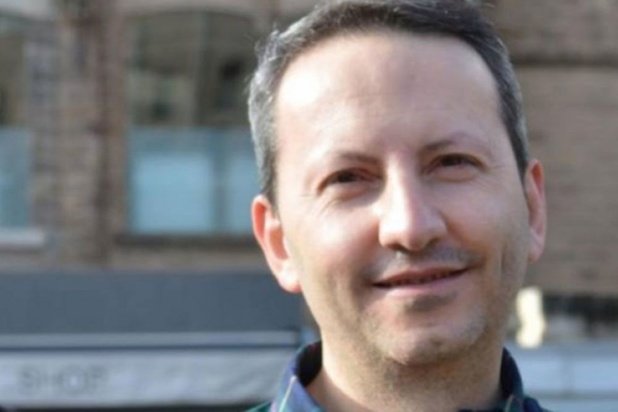The conviction of an Iranian diplomat for terror offences yesterday has raised concerns for the fate of Ahmadreza Djalali, the Swedish-Iranian academic currently held in Iran.
A court in Antwerp yesterday sentenced Assadollah Assadi, an attaché at the Iranian embassy in Vienna, to 20 years in prison for his role in an attempted bombing of a meeting of Iranian dissidents in Paris in 2018.
Assadi was not present for trial, and the court rejected his lawyer’s argument that he was entitled to diplomatic immunity, which it said only applied in Austria.
However the case has raised concerns about the fate of Professor Djalali, who was arrested in 2016 on a return to the land of his birth, and convicted of espionage in a show trial. He has since 2017 been under sentence of death, and at the end of last year was reported to be about to be moved to the prison in Tehran where executions are carried out.
The transfer was finally postponed to allow his family a last visit before the sentence would be carried out.
Those threats were taken at the time as a sign that Iran wanted to pressure the Belgian government into making some concession in the Assadi case, such as a declaration of the validity of his diplomatic immunity. However governments and courts in democracies do not work that way.
Because Prof. Djalali is married to a Swedish woman and has obtained Swedish nationality, the government in Stockholm has been making efforts to obtain his relief, and they were joined last year by Sophie Wilmès, in her role as foreign minister, when she contacted her Iranian counterpart at the time of the impending execution.
She declined to give details of their conversation, but the subject of Prof. Djalali is almost certain to have come up.
The question now is, how will Tehran react to the Assadi conviction, the first time an Iranian diplomat has been convicted since the revolution in 1979. Yesterday, the country’s foreign ministry issued a terse statement: “Iran strongly condemns the decision of the court in Antwerp,” the ministry said.
For Amnesty International, which has followed the Djalali case from the beginning, there is no immediate cause for concern.
“If Iran has taught us anything in recent years, it is that the regime is very unpredictable," said Wies De Graeve, director of Amnesty in Belgium.
“We also note that Iran has linked the case of Djalali to that of Assadollah Assadi, but we are more concerned about the internal dynamics in the country. Elections are coming. Will the hard-liners want to make their mark with executions? Iranian prisoners are the playthings of many dynamics.”
But the threat is still present. Prof. Djalali has now spent ten weeks in a tiny isolation cell, unable to contact his family or his lawyer.
“The order to execute him is still valid, and he could still be executed at any time,” said De Graeve.
Alan Hope
The Brussels Times

